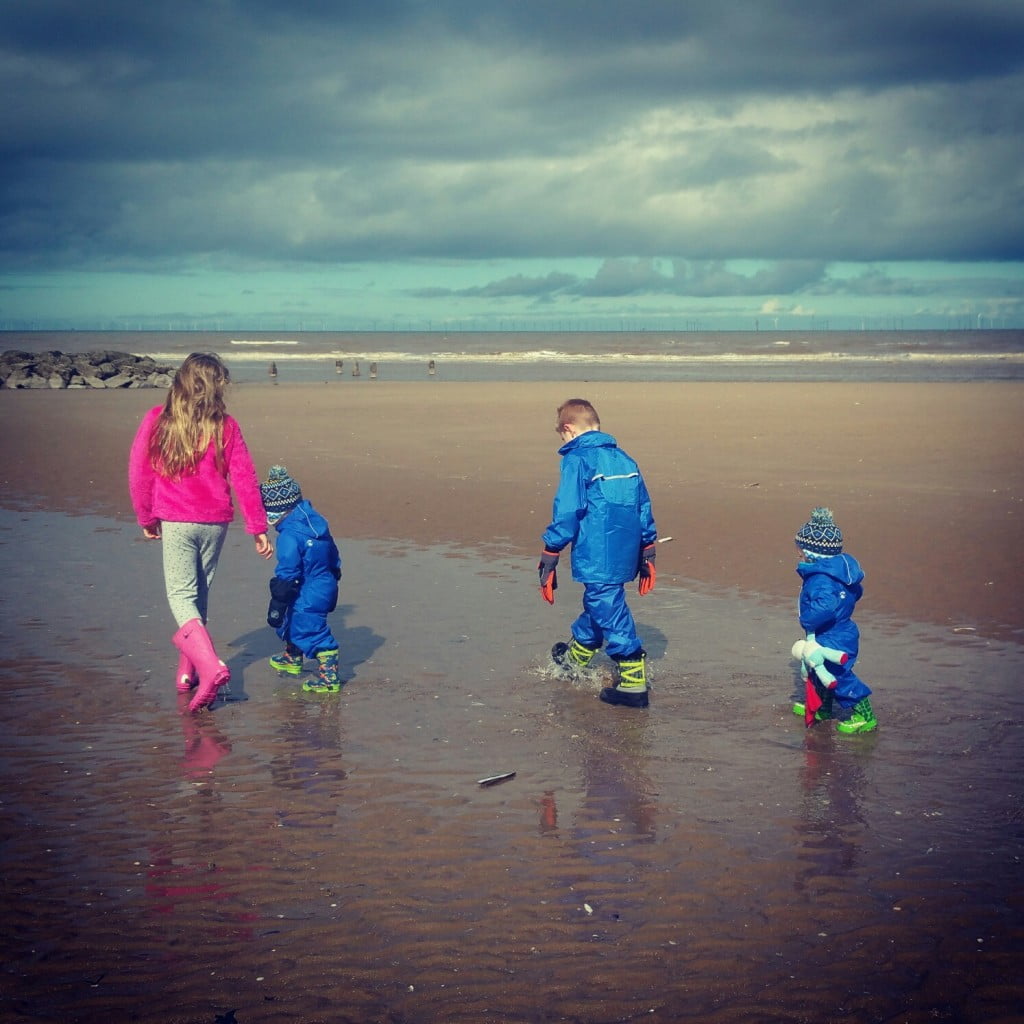Parenting is a dynamic and evolving journey, unique to each family but rooted in universal experiences. The foundation of effective parenting lies in learning from the past—discarding what didn’t work, repeating what did, and striving to improve upon the previous generation’s efforts. By doing so, we can create a nurturing and supportive environment for our children, fostering their growth and development in ways that were perhaps unavailable to us.
Discarding What Didn’t Work
Every parent carries the legacy of their upbringing. While many aspects of our childhoods are cherished, some elements may not have been beneficial. Identifying and discarding ineffective or harmful practices is crucial in evolving as a parent. Here are some common practices to reconsider:
Overly Strict Discipline
Rigid and punitive discipline methods can lead to fear and resentment rather than respect and understanding. Modern parenting encourages positive discipline, which focuses on guiding and teaching rather than punishing. This approach helps children learn from their mistakes and understand the consequences of their actions.
Lack of Emotional Support
Previous generations often prioritised stoicism and emotional restraint. Today, we understand the importance of emotional intelligence and support. Encouraging open communication and validating your child’s feelings fosters a secure and trusting relationship, helping them navigate their emotions effectively.
Gender Stereotyping
Traditional gender roles can limit a child’s potential and self-expression. Embracing a more inclusive and flexible approach allows children to explore their interests and talents freely, without being confined by outdated stereotypes.
Repeating What Worked
While it’s important to discard ineffective practices, it’s equally crucial to identify and repeat the positive aspects of your own upbringing. These elements can provide a stable foundation for your parenting style.
Unconditional Love and Support
Every child needs to feel loved and supported unconditionally. Demonstrating consistent affection and encouragement helps build your child’s self-esteem and resilience. Make it a priority to spend quality time with your children, showing interest in their activities and acknowledging their achievements.
Consistency and Structure
Children thrive in environments where they understand expectations and routines. Providing consistent rules and structure helps them feel secure and teaches them responsibility and self-discipline. Balance structure with flexibility to adapt to your child’s evolving needs.
Encouragement of Independence
Fostering independence in children prepares them for adulthood. Encourage your children to take on age-appropriate responsibilities and make their own decisions. This not only builds their confidence but also equips them with essential life skills.
Striving for Improvement
Parenting is an ongoing process of growth and learning. Striving to improve upon your parents’ efforts involves adapting to new information, societal changes, and your child’s unique needs.
Staying Informed
Parenting techniques and understandings evolve over time. Stay informed about the latest research and advice on child development and parenting strategies. Books, reputable websites, and parenting courses can provide valuable insights and practical tips.
Being Flexible and Adaptable
Each child is unique, and what works for one may not work for another. Be prepared to adapt your parenting style to meet the individual needs of your children. Flexibility allows you to respond effectively to their changing requirements and challenges.
Prioritising Mental Health
In previous generations, mental health was often overlooked. Today, we recognise its critical importance. Promote a positive mental health environment by encouraging open discussions about feelings, seeking professional help when needed, and modelling healthy coping mechanisms.
Conclusion
Parenting is a journey of continuous improvement, shaped by the lessons of the past and the aspirations for the future. By discarding ineffective practices, repeating successful ones, and striving to do better, we can create a nurturing and supportive environment for our children. This approach not only helps our children thrive but also contributes to the evolution of parenting, ensuring that each generation is better equipped to face the challenges and opportunities of their time.





2 comments
Quantix Prime AI represents the amalgamation of quantum computing and artificial intelligence. quantix prime ai